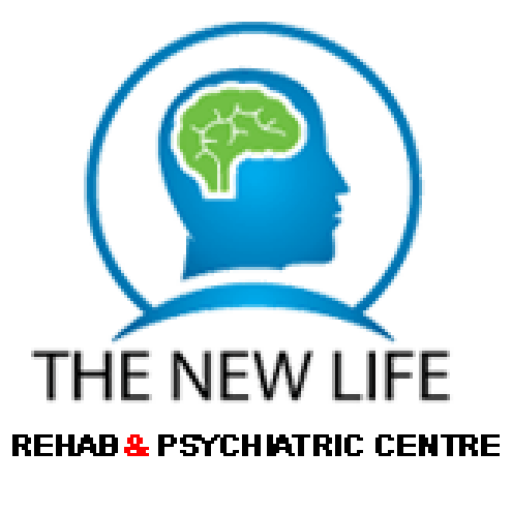Relapse Prevention
Relapse Prevention What is relapse? Relapse is define as continue the drug abuse after individual have been abstinent for some time. According to an estimates that 40 to 60 percent…
Comments Off on Relapse Prevention
April 18, 2020
